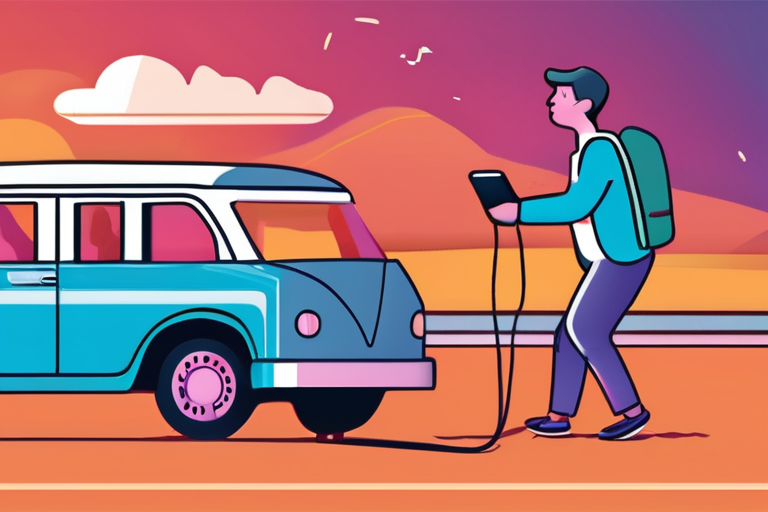Lead-Acid Batteries Poisoning Millions: Toxic Waste from Informal Recycling Exposed Worldwide


Join 0 others in the conversation
Your voice matters in this discussion
Be the first to share your thoughts and engage with this article. Your perspective matters!
Discover articles from our community

 Hoppi
Hoppi

 Hoppi
Hoppi

 Hoppi
Hoppi

 Hoppi
Hoppi

 Hoppi
Hoppi

 Hoppi
Hoppi

Childhood Plastic Exposure Linked to Chronic Diseases, Experts Warn A comprehensive review of hundreds of studies has revealed that exposure …

Hoppi

Childhood Plastic Exposure Linked to Chronic Diseases: Experts Warn of Lasting Risks A comprehensive review by researchers at NYU Langone …

Hoppi

Portable Batteries for Road Trips: A Reliability Test with a Twist In a bid to determine the reliability of portable …

Hoppi

BLOND:ISH Aims to Eliminate 42 Tons of Waste from NYC Nightlife In a bid to revolutionize the nightlife industry, non-profit …

Hoppi

Breaking News: Environmental Defenders Killed Globally At least 142 environmental advocates were killed worldwide in 2024, according to a report …

Hoppi

Portable Batteries for Road Trips: A Reliability Test with a Twist In a bid to determine the reliability of portable …

Hoppi